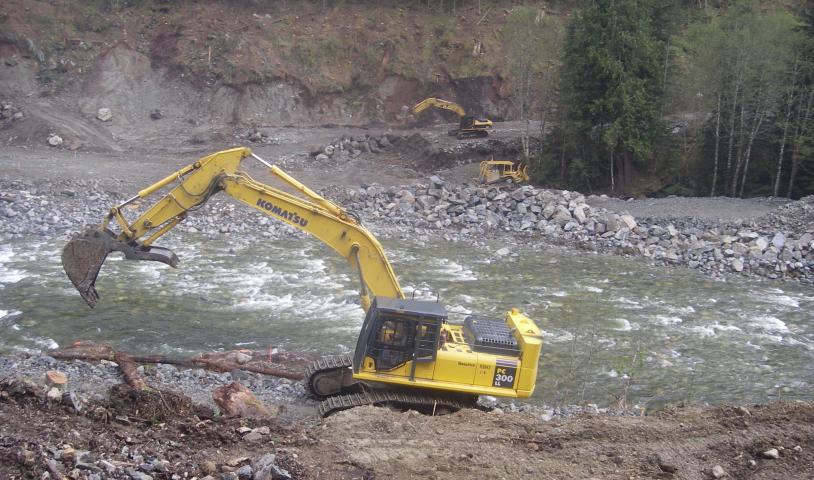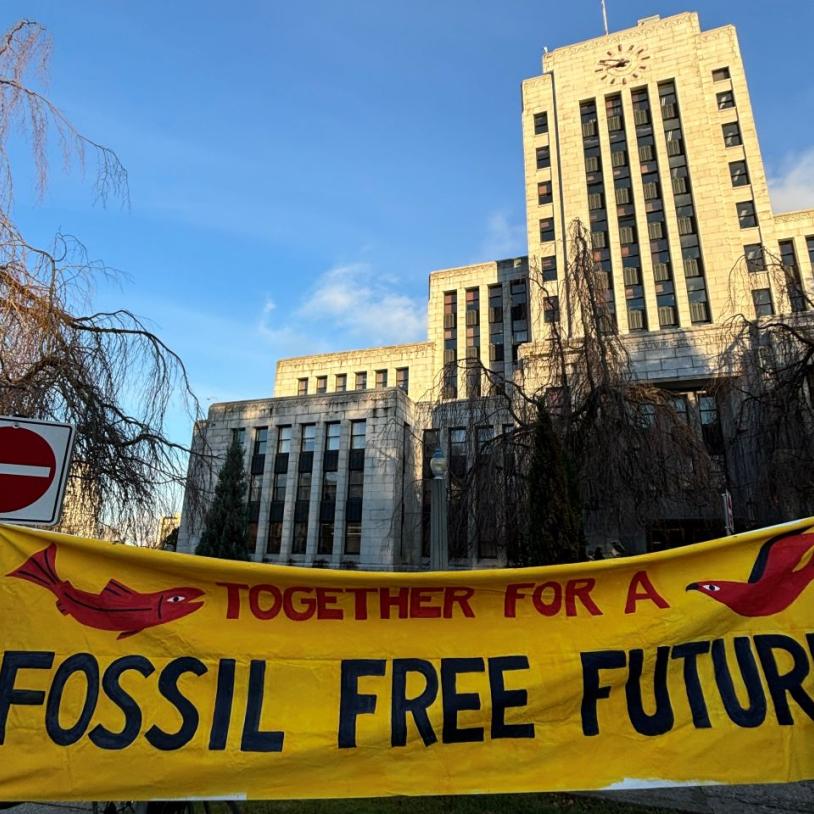Wilderness Committee applauds BC Utilities Commission Decision to Put the Brakes on Private Power
Thursday, July 30, 2009
Commission decision highlights conservation and proper planning
Vancouver, BC – In an unexpected announcement, the BC Utilitiees Commission (BCUC) rejected BC Hydro’s 2008 Long-Term Acquisition Plan for electricity.
This decision takes away much of the justification for the staking of hundreds of private river diversions on BC rivers and streams.
“BCUC has told BC Hydro that if they want to buy environmentally risky, expensive private power, they’re going to have to prove they need it. Since BC Hydro hasn’t done that, they have to go back to the drawing board. For people concerned about the potential impact of hundreds of diversion projects on our rivers and streams, this is good news,” said Andrew Radzik of the Wilderness Committee.
The BCUC is an independent, arms-length agency that is responsible for keeping energy production fair for both the general public and producers of power in BC. Their decision noted that BC Hydro has not proven that it needs more electricity over what it can save by conservation measures.
“BCUC wants more work on conservation, which they think will prove more cost-effective for ratepayers. That’s great news for our environment and our pocketbooks. We’re already on the hook for $31 billion to private power companies, a bad situation we don’t want to get worse,” said Radzik.
The Wilderness Committee raised concerns with parts of the BCUC decision, such as the continued use and possible expansion of Burrard Thermal, a natural gas power plant in the Lower Mainland.
“Although Burrard Thermal is used only as a back-up and produced less than 1% of BC Hydro’s power last year, nobody wants to see more power produced by burning fossil fuels, for both climate and human health reasons. Unfortunately, the BC government created a plan for electricity generation that relies on intermittent private river power, which we can’t rely on during a cold night in December. There are other solutions that the BC government has not looked at, like using some of the power we get as a benefit under the Columbia River Treaty,” said Radzik.
The Wilderness Committee had other concerns around this decision, noting that there was potential for political interference. They cited the 2006 passage of Bill 30, which stripped municipalities of their right to zone private power projects in their communities.
“We’d hate to see the BC government try to bypass this decision, as they have done in the past when people have made with energy-related decisions they don’t agree with. When regional districts began to oppose river diversion projects, the BC government took away the rights of elected municipal representatives to make decisions on behalf of their communities. The BCUC has shown this energy plan is not in the public interest, and we hope the BC government gets that message. If they don’t listen, we have to wonder whose interest they are acting in” said Radzik.
-30-
For more information please contact: Andrew Radzik, Wilderness Committee, 778-896-4441





